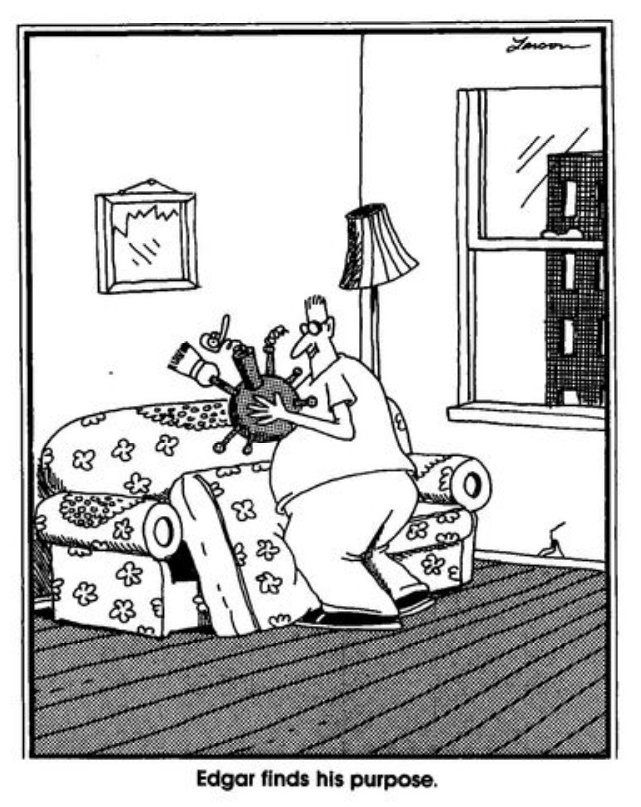My answer should flow logically from my viewpoint, which thus needs to be described. As holistic pantheist, which I would say Marcus Aurelius was, I see the universe as an organism, the only organism there is, which does have parts, just as the human body has parts. The human being is intended to be a self-regulating part of the whole. This self-regulation is partly effected by the consciousness of pain and pleasure. (The whole idea of evil is based on the useful hatred of pain. Useful, that is, to the process of self-regulation.)
It is natural to hate pain. That motivates us to avoid it. But if pain were abolished, people would soon destroy themselves. It would be much harder to learn what things are injurious.
The idea of a God who can answer prayers and load the dice in our favour is false. If we see God as the universe, then we see that what determines events are the laws of cause and effect, That is why the psalmist says:
'And his delight is in the law of the Lord; and in his law doth he meditate day and night'. Note it is not the Lord that matters so much, as his LAW. What law? The laws of cause and effect. As revealed by science.

